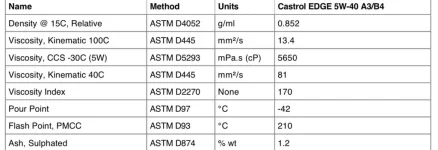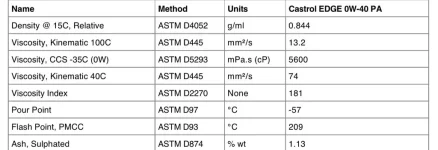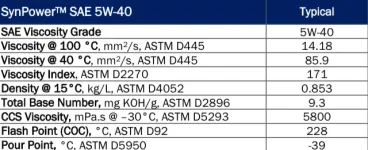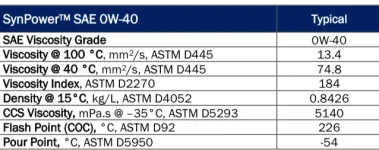Triple_Se7en
$50 Site Donor 2024
Vehicle owners that followed their HyunKia Owners Manual for 2012-2019 can find their failed engine blocks behind their dealerships.If you follow what is in the owner’s manual, and it sounds like this is what you are doing, then there is no need to change what you are doing, and what you are using is fine. Anything else is likely over-thinking it.
Viscosity Matters sometimes and so does the brand we choose. Some brands have better base oils and better (or) increased additives. These things may not guarantee engine old age, for we often decide by the way we drive and how well we maintain it, how long that engine will last.
But doing things correctly will guarantee much longer service life of that engine, by choosing a fitting viscosity and higher performance brand-name oil for your vehicle.







